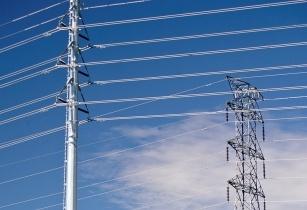Africa continues to lag behind fellow developing regions in installed generation capacity below 100GW and per capita electricity consumption, economist Moin Siddiqi reports
Nowadays, around three-fifths of the sub-Saharan Africa (SSA) population of one billion live without power, often resorting to using kerosene or spending hours in darkness, hence imposing ‘colossal’ socio-economic losses upon an energy-rich region. While those connected to grid electricity supply, crippling power outages are widespread, as cash-strapped utilities (mostly state-owned) are unable to provide reliable services due to underinvestment in infrastructure during the past decades.
Africa continues to lag behind fellow developing regions in installed generation capacity below 100GW, per capita electricity consumption, averaging 40 to 45 kilowatt hours (KWh) per month, compared to 100+ KWh/month in developing countries, such as Latin America or South Asia. Also, household access to grid electricity in SSA is estimated by the World Bank to be at 35.3 per cent in 2012, which is far lower than 78 per cent; 96.2 per cent; and 94.4 per cent in South Asia, Middle East and South America & Caribbean, respectively.
According to the International Energy Agency (IEA), 15 out of 20 countries in Africa were ranked in the bottom worldwide for per capita consumption of electricity, while 13 out of 20 countries lacking adequate power supply were also located in Africa. Moreover, the disparity between urban and rural areas was noticeable. Over two-thirds of urban residents were estimated to have had access to electricity while only 15 per cent of rural residents were connected (World Bank and IEA 2015). Many households cannot afford high connection fees and tariffs, which limits the expansion of grid electrification. In most countries, connection costs are equivalent to a month's household spending; though free connections to national grid are provided for low-income customers in Mozambique, Senegal and South Africa.






